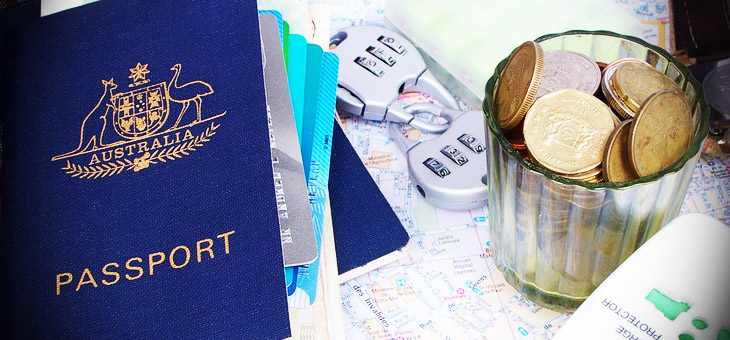Australian travellers are being “ripped off”, says Treasurer Josh Frydenberg, who has told the competition watchdog to investigate dodgy banks charging Aussies the third highest rates in the world for foreign transactions.
According to the Australian Competition and Consumer Commission (ACCC), Australia is the third most expensive G20 country from which to send money overseas. The fees charged by banks for international credit card purchases and foreign currency conversions have been described by the Treasurer as “excessive”, totalling around $2 billion a year.
The ACCC has been asked to investigate foreign transaction fees charged by the banks.
“Millions of Australians are travelling overseas, buying things on their visa card, transferring Australian dollars into foreign currency and the banks are charging them too much,” said Mr Frydenberg.
“So we want to stop the rip-off.
“When you look around the world, people pay less — [for example] in the United States and Europe. And the question must be asked, why is it not case in Australia?” he said.
ACCC chief Rod Sims said Australia is the third most expensive G20 country from which to send money.
“If you send $1000 overseas from Australia, on average you’ll pay $9 more than if you sent an equivalent amount from the United Kingdom, and $23 more than if you sent it from the United States,” said Mr Sims.
“Given the amount of funds Australians remit, these higher charges can amount to hundreds of millions of dollars each year across the economy.
“We will be examining why major companies in Australia, including the big four banks, seem to be able to consistently charge high prices.”
The issues investigated in the ACCC inquiry will include:
- pricing of foreign currency conversion services
- costs to supply foreign currency conversion services
- the nature and extent of competition between suppliers
- how prices are communicated and factors limiting the ability of consumers to effectively compare prices.
The Productivity Commission (PC) has also recommended that the ACCC and ASIC investigate “what additional disclosure methods could be used to improve consumer understanding and comparison of fees for foreign transactions”.
A PC report found that many financial institutions left a gap between the exchange rate offered to customers and the actual exchange rate at which they purchased the currency. The same report noted that credit card foreign transaction fees had increased threefold from the early 2000s to now.
According to the report, “While financial institutions are free to set their own prices on foreign exchange, it is clear that consumers struggle to understand and compare the different types of prices charged.
“If consumers do not respond to price signals, it affects competition in foreign transactions.”
Mr Frydenberg has asked the ACCC to report back with its findings early next year.
Do you think it’s expensive to use your credit or debit card when you travel?
Related articles:
Best credit cards for travelling
End to credit card gouging
Credit card travel insurance

